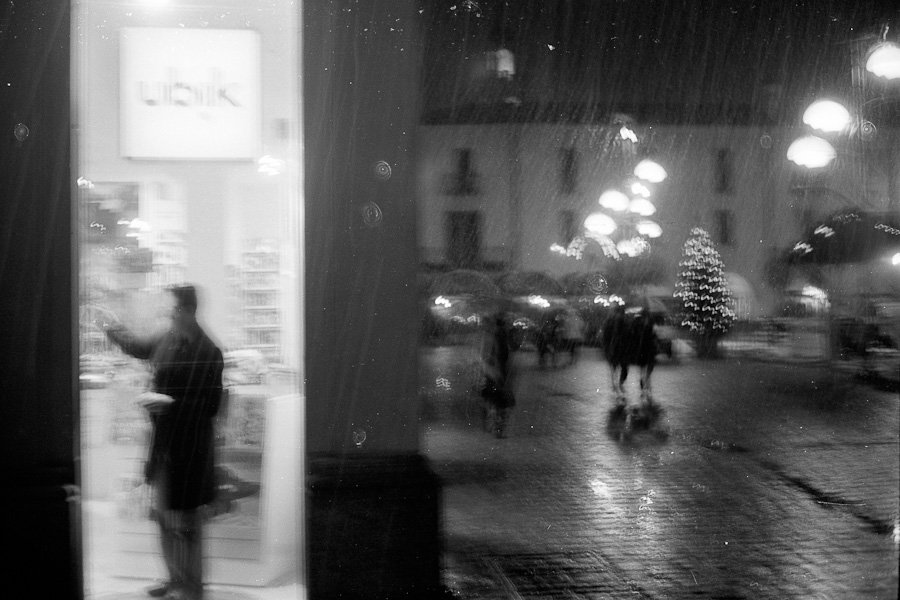Do great pieces of classical music need an "important statement"? I think not - at least not necessarily. Such music appeals to many simply because the music is by its nature some how appealing
This is a very unsophisticated viewpoint, and you've unintentionally gotten to what bothers me about a lot of photography. If all you can say about a picture is "nice tits" or "cute kids (or cat)". that's not really much of a picture. Viewing any of these arts in that way is the most superficial viewpoint you can take. Classical music has layers of structure, coordination, and sophistication of performance and pacing that most casual listeners don't understand but musicians and serious listeners do. That adds a lot to their understanding and enjoyment, putting them in alignment with what the composer was actually doing beyond making that pretty noise that you enjoy hearing.
I want people to look at my photos and
know the person, to really understand something fundamental about the personality in the picture. If all they see is a nice cat they've missed the whole point and why should I bother--I'm wasting my time. That's why I repeated the Solti comment in my post. For a non-musician, without training, this bertter level of understanding can be a difficult road, but it's entirely worth it. Just on a performance level, once you start to understand music a bad performance is simply fatal for the listener. There are popularly-famous musicians whose level of performance and lack of understanding of what they should be doing is so bad that I can't listen to them. When you go to a concert and see as I have that the musicians behind the soloist are scowling at each other, do you really not want to understand why?
🙂 And sometimes I can show that to someone in five minutes, where they never noticed it at all, but after they hear that they will be better listeners from that point on.
Here's something I like to show friends--
https://livingpianos.com/what-does-rubato-mean/. . If you listen to it and really understand it, it will change the way you listen to classical music, and even more so to jazz, because it's something especially fundamental in jazz (Chet Baker is a master of this). Then your level of appreciation and enjoyment will rise considerably. . . but so will your discrimination. When you understand that A Famous Violinist plays the Brahms Violin Concerto (a composer from the Romantic era, not from the Sousa march school) like a military march, that will be (or should be) the last time you want to hear her.
If you don't understand how very different these two people are, and something about what they are essentially each about, inside, you have missed something very important about my photography:
 Butch
Butch
by
Michael Darnton, on Flickr
 Andres, thinking
Andres, thinking
by
Michael Darnton, on Flickr







